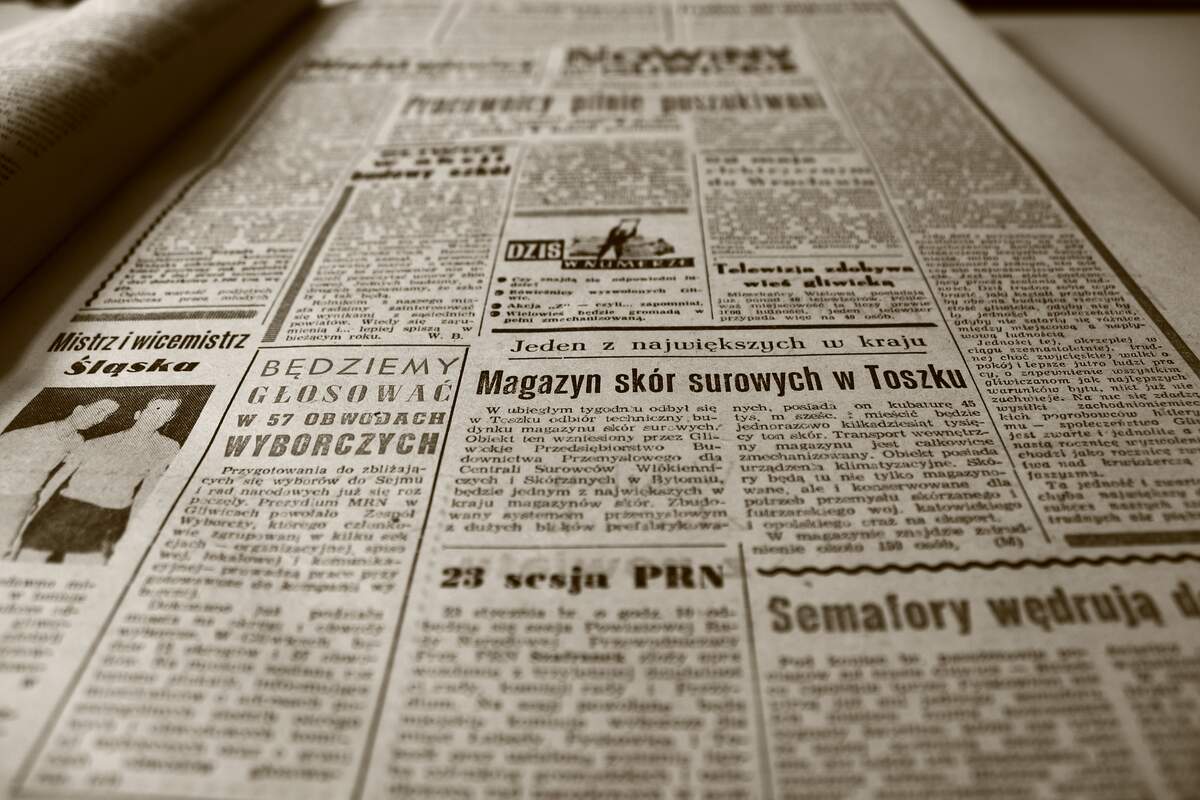

International Right to Know Day
Observed
annually on September 28th (since 2002)
Dates
September 28th, 2023
September 28th, 2024
September 28th, 2025
September 28th, 2026
September 28th, 2027
Founded by
Fifteen Nations at the Freedom of Information Litigation Conference on September 28th, 2002
Hashtags
Sources
International Right to Know Day was created on September 28, 2002, on the last day of a three day Freedom of Information conference, that was held in Sofia, Bulgaria. Freedom of Information representatives from fifteen nations took part in the conference, and also established the International Freedom of Information Advocates Network (FOIAnet). The members of the new group agreed to work together to promote the right of access to information, as well as open and transparent government. There are now over 200 organizations and civil groups around the world that make up the FOIAnet. In 2015, the United Nations Educational, Scientific and Cultural Organization (UNESCO) passed a resolution proclaiming September 28 as International Day for the Universal Access of Information. The day was chosen to draw greater attention to the cause that International Right to Know Day was already promoting.
On September 28, FOIAnet members and freedom of information proponents organize events "to raise awareness on the right of information and to campaign for open, democratic societies in which there is full citizen empowerment and participation in government." The events are meant encourage citizens, journalists, and non-governmental organizations in their search for information. There also is an annual awards ceremony held in Bulgaria on the day each year recognizing contributions to freedom of information in that country.
How to Observe International Right to Know Day
The day may be celebrated by taking part in one of the many events around the world. Some are listed on the FOIAnet website. There are many types of events that celebrate the day:
- Conferences.
- Trainings and workshops.
- Awards ceremonies.
- Theater productions, musical concerts, and movies.
- Launching of info-requesting campaigns and new websites.
- Competitions.
If you are not able to attend an event, you can spend the day reflecting on what type of information you value—in general or from the government—and how you can be a more informed citizen. Visit you local library and check out a book that deals with your right and freedom to know information.





















